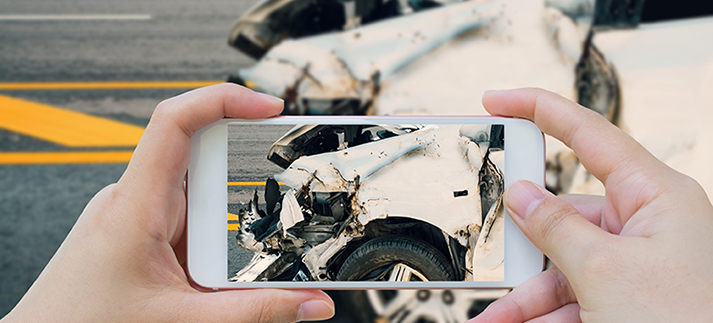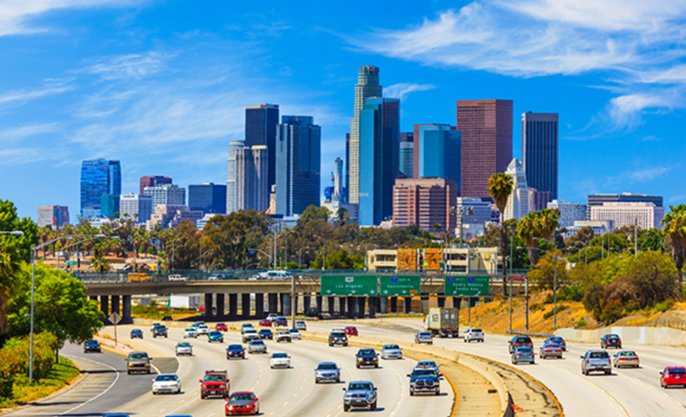Depending on where you live in California, traffic can be brutal — and that shows in the statistics. According to the California Highway Patrol, in 2015, there over 3,100 fatal collisions that resulted in more than 3,400 deaths. In addition, there were over 178,600 non-fatal collisions in which more than 254,500 people were injured.
When you consider these numbers, it should be clear that it’s wise to have auto insurance for your car. After all, if you’re found at fault for an accident, the resulting financial obligation could be significant — insurmountable, even. That’s why in California, you’re required to carry financial responsibility on all of your vehicles.
Financial Responsibility Requirements in California
There are several ways to carry financial responsibility — for example by making a cash deposit of $35,000 to the DMV or purchasing a surety bond for $35,000. However, it’s simplest and most effective to purchase a car insurance policy from a licensed insurance broker.
As the California DMV advises, two types of liability insurance coverage are mandatory:
- Bodily injury liability coverage: This covers the costs of a financial obligation if you’re responsible for the injury or death of one or more people. The minimum coverage limits are $15,000 for one person and $30,000 for multiple individuals. This type of coverage can also help cover legal expenses.
- Property damage liability: This covers the costs of any damages you cause to someone else’s property with your vehicle, as well as any legal expenses. The minimum coverage required is $5,000.

Additional Coverage Options That Are Smart to Have
In addition to liability coverage, there are several other coverage options that are wise to consider:
- Comprehensive coverage covers the costs of damages to your vehicle that aren’t related to a collision, such as theft, vandalism and weather damage.
- Collision coverage covers the costs of damages to your own vehicle as a result of a collision.
- Uninsured motorist coverage covers your costs if you’re in a collision with a driver who’s at fault but doesn’t have liability insurance. Since 15.2 percent of CA drivers didn’t have insurance coverage in 2015, according to the Insurance Information Institute, this is an important type of coverage to have.
- Underinsured motorist coverage protects you if an at-fault driver’s liability limits aren’t sufficient to cover his or her financial obligation.
What Can Happen If You Don’t Have Sufficient Insurance Coverage?
First and foremost, if you don’t carry the mandatory bodily injury and property damage liability, your vehicle can be impounded, and you can be cited. What’s more: If you’re involved in a collision, you’ll be personally liable for all damages. Clearly, this is a scenario you want to avoid at all costs!
Second, the minimum legal limits for bodily injury and property damage liability are relatively low. That means they can easily be exceeded in the unfortunate event you’re involved in an accident. For this reason, it’s wise to discuss the most appropriate coverage amounts for you with your insurance broker.
Finally, depending on your vehicle and your personal situation, you might want to add additional coverage, such as comprehensive, collision and uninsured/underinsured motorist coverage. This provides you with additional protection — and ultimately, peace of mind throughout unexpected situations.
Learn more about your car insurance options by contacting Grand Mutual Insurance today! Grand Mutual Insurance is a Los Angeles insurance agency that can help you find the right coverage for your personal and business assets.




